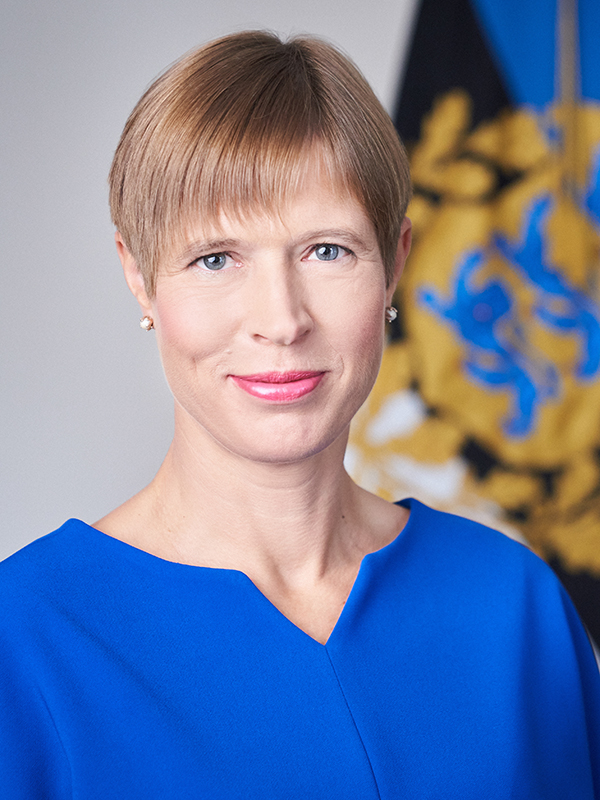Foreword
Dear reader,
I am writing these lines during the last weeks of the first wave of the coronavirus outbreak. Most of this report was completed before the pandemic, with the exception of the introduction and this foreword.
You may be reading this during a new isolation, perhaps waiting for an already developed vaccine to arrive in Estonia, or living with the threat of the coronavirus, knowing that at least some antiviral drugs are available to us and effective enough to make us feel a bit more confident.
However it may be, the main themes of this report – urbanisation and the deterioration of the living environment caused by this choice; human-centric urban planning; sparse population and the mitigation of the resulting problems; people’s personal responsibility and voluntary contribution to the development and maintenance of a democratic society; the challenges posed by climate change, and the need to manage and overcome them – will be tested and their significance proven through the crisis caused by the coronavirus. Nothing has changed, although it feels as if everything had. In particular, we have lost our confidence that humanity as a whole, or at least the more affluent part of it – those with sufficient access to food, water, education and healthcare – will be able to cope with anything that nature, or its response to our actions towards it, can throw at us. No more than six months ago, for many of us, the only piece missing from that confidence seemed to be a sense of how to protect ourselves against those whom fate has dealt a weaker hand – refugees from war, climate change or economic disadvantage. So, we live in a new world, but the problems we face in that world are pretty much the same.
How do we turn Tallinn, our expanding capital, into a green city safe for pedestrians and cyclists, where you can still quickly get from one side of the city to the other? How do we make sure that the city is not a public service desert when it comes to noticing and helping people? Can we take advantage of the trend that already existed before the coronavirus crisis, with many Estonians moving to the country, and being reluctant to come back to work in the city? How could the sparsely populated areas in Estonia be helped by the unexpected realisation that our tolerance for remote work seems to be much higher than we previously thought? Could our startups and ICT sector and the services they provide in other fields further strengthen this trend?
Is there a way for us to launch an active climate revolution and use it to support our economic development instead of passively seeking climate neutrality by consuming green energy produced by others? What role would a climate revolution play in our consumer choices, including the choices we make in transport, and what role will be played by a shift to clean and diffuse energy production? Will Tartu and Pärnu – the smart city and the summer capital – as well as other smaller cities show what can be achieved in a city whose size does not force it to compromise between mobility and the environment, including the urban environment?
Dear reader, you will not find the answers to these questions in this report. But you will find out how our country lives and breathes. Ranking 30th in the Human Development Index, Estonia holds a high position that allows us to dream big, make quick decisions and find solutions that benefit society as a whole.
Happy reading!
Kersti Kaljulaid
President of the Republic of Estonia
Kadriorg, 11 May 2020
